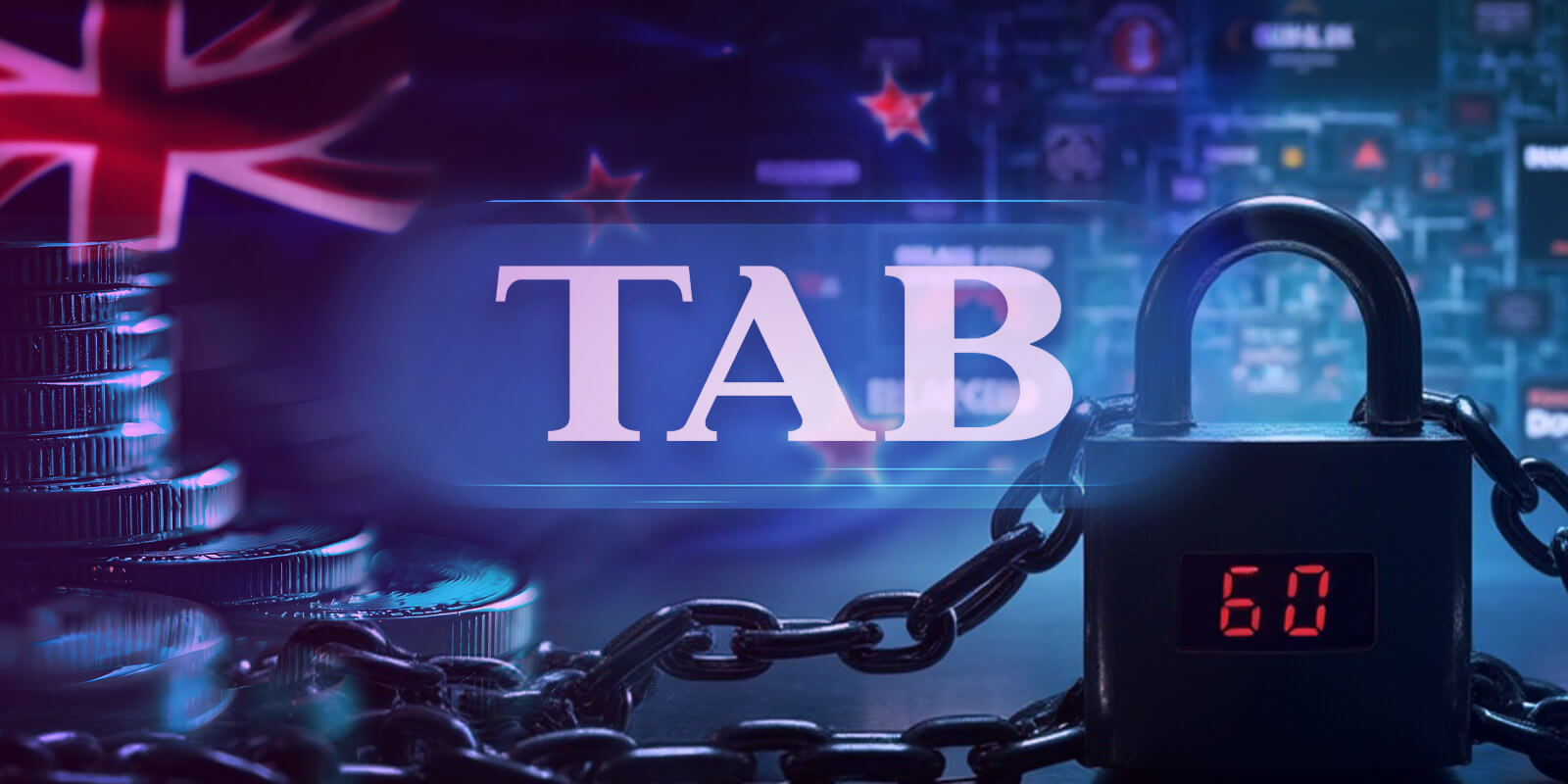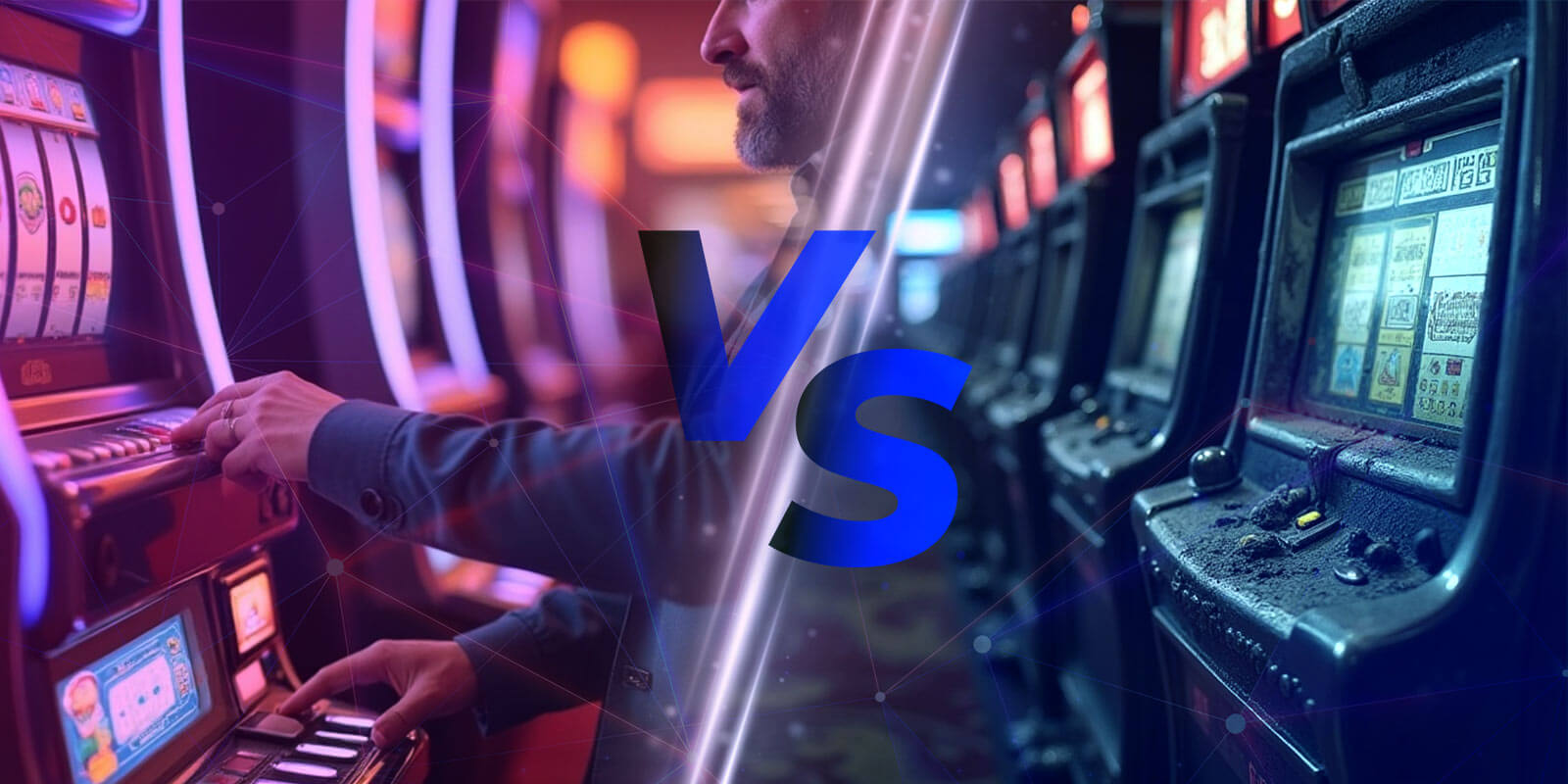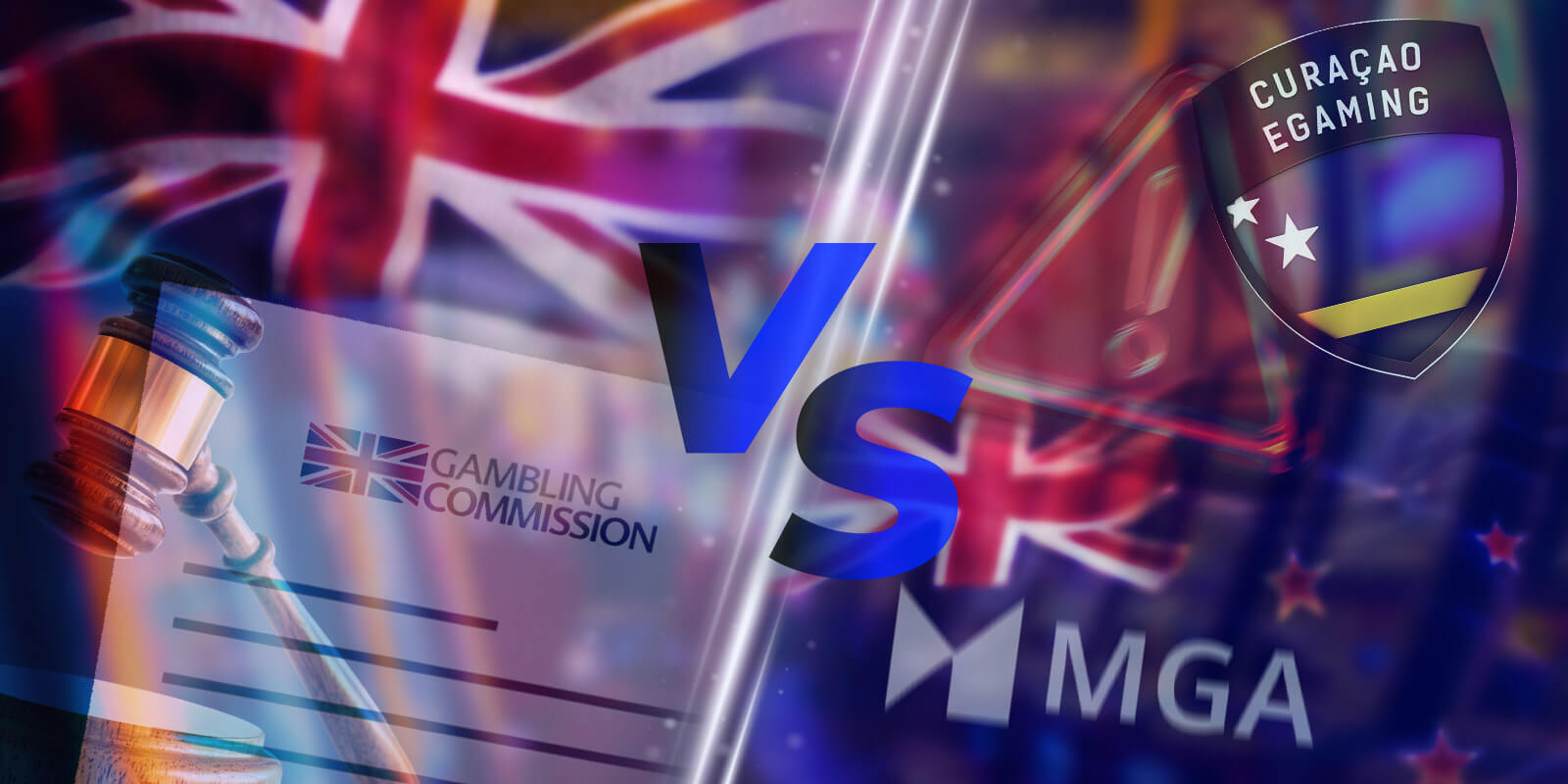New Zealand Grants TAB NZ Full Online Betting Monopoly - What This Means for UK

Affiliate Disclosure : We earn a commission from partners links on BetterGambling. Commissions do not affect our editors' reviews, recommendations, or ratings.
On June 28, 2025, New Zealand enacted a landmark law granting TAB NZ exclusive control over all online sports and racing betting, cementing a 25-year operational partnership with global betting giant Entain. While the government bills this move as a way to protect local revenues and bolster the racing industry, critics warn it raises serious antitrust concerns and seduces consumer choice in the digital betting market.
What the New Law Does
The Racing Industry Amendment Act 2025 extends TAB NZ’s monopoly from land-based operations to the digital space, effectively making it the sole legal provider of online sports and racing betting in New Zealand. Offshore operators, who previously captured up to 90% of the market, must now exit when the 60-day grace period ends or face penalties.
Enforcement measures include:
- ISP blocking of unlicensed betting sites
- Mandatory account shutdowns for New Zealand customers
- Fines of up to NZ$5 million for corporations and NZ$300,000 for individuals
One of the law’s crucial goals is to recover hundreds of millions in lost revenue, but it also grants unprecedented power to a single operator, enforced by the Department of Internal Affairs.
| Enforcement Provision | Description |
|---|---|
| ISP Blocking | Blocks access to offshore betting sites |
| Account Shutdowns | Forces the closure of NZ customer accounts |
| Civil Penalties | Up to NZ$5M for firms, NZ$300K for individuals |
| 60-Day Grace Period | Time for offshore operators to exit the market |
The Government’s Justification vs. Monopoly Risks

Officials argue the monopoly is necessary to stop offshore revenue leakage, increase tax receipts, and sustain the NZ$1.9 billion racing sector, which supports over 13,000 jobs in the country.
As part of the deal, Entain, TAB NZ’s operational partner, has pledged a NZ$100 million investment in racing infrastructure. Government officials claim this will create a better regulated and more sustainable gambling environment.
But monopolies often come at a cost, and critics have been quick to point out potential consequences:
- Poorer odds and less favourable payouts
- Reduced innovation and slower adoption of new technology
- Lower service quality and fewer responsible gambling tools
Entain may promise to match odds with its Australian brands, but the question of whether these assurances will hold over a 25-year exclusive term remains unanswered
Who Really Wins Here?
The biggest winners are clear! TAB NZ, Entain, and the racing industry benefit from guaranteed revenue streams, market protection, and infrastructure investment.
Winners:
- TAB NZ, from market exclusivity and revenue
- Entain, from operational control and profit share
- The racing sector, from funding
Losers:
- Consumers (fewer choices, weaker pricing)
- Competing operators (market exit)
- Innovation (fewer incentives to improve)
Consumers, meanwhile, lose out on competitive pricing, platform diversity, and the ability to choose the best user experience from the pool of options that have existed until now.
Antitrust Questions and Market Competition Concerns
From an antitrust point of view, New Zealand’s 25-year exclusivity is a far cry from international best practices. In markets like the UK, EU, and Australia, regulators favour balancing competition with consumer protection, as opposed to outright monopolies. The move to eliminate rather than regulate offshore competition puts New Zealand at risk of entrenching market concentration and diminishing the pressure to innovate.
Giving one company full control for a long time can lead to easily predictable issues. The company might start influencing the rules to benefit itself, making it harder for others to compete. This could hurt consumers and make future changes harder to implement.
| Market Model | Competition Level | Consumer Choice | Regulatory Risk |
|---|---|---|---|
| NZ (TAB NZ Monopoly) | None | Low | High |
| UK/EU (Licensing) | High | High | Moderate |
| Australia (Hybrid) | Moderate | Moderate | Moderate |
Consumers and the iGaming Contradiction
A striking contradiction emerges—while sports and racing betting are now monopolized, the government is simultaneously preparing to liberalize online casinos from 2026, with up to 15 licenses to be auctioned. This approach means casino games benefit from competition and diversity, but sports bettors are denied the same.
Consumer advocates argue that robust licensing could have protected players without sacrificing choice. Instead, the monopoly model risks higher prices, less responsive platforms, and the elimination of responsible alternatives for excluded or self-excluded bettors.
Concerns also linger about whether the monopoly will deliver on promised consumer protections, or if the lack of competition will lower standards over time.
UK vs NZ Casinos: Key Differences for Players

Online gambling is popular in both the UK and New Zealand, but the way casinos operate and how players interact with them differ quite a bit. UK players are protected by one of the strictest regulators in the world, while NZ players access international sites, which can offer more freedom, but also more risk.
Here’s a quick breakdown of how the two markets compare:
| Feature | UK Casinos | NZ Casinos |
|---|---|---|
| Regulation | Licensed by the UK Gambling Commission (UKGC) with strict compliance standards | Offshore casinos permitted for NZ players; regulation varies by license (e.g. Curacao, MGA) |
| Bonuses | Smaller welcome offers, often capped or tied to low wagering | Larger bonuses with higher or less transparent wagering terms |
| Games | Popular for Slingo, UK-style jackpots, and classic table games | Pokies-focused, with big live dealer lobbies and international slots |
| Payments | Trustly, PayPal, debit cards; credit cards banned | POLi, bank transfers, prepaid cards, and crypto accepted |
| Player Protection | Mandatory tools: deposit limits, self-exclusion, affordability checks | Varies widely by site; tools not always guaranteed |
In short, the UK experience is safer and more structured, while NZ players benefit from flexibility, but must vet each site more carefully.
Is It Worth It?
New Zealand’s bold move to grant TAB NZ a full online betting monopoly is a clear trade-off: local economic benefits and industry stability versus the long-term risks of reduced competition and consumer harm. As the country “frees up” online casinos but tightens control on sports betting, the big question is whether this is smart policy for a small market or a risky move that hides reduced competition behind talk of reform.
Sources & Further Reading:
- The Spinoff – Why the TAB now has a monopoly on sports betting in New Zealand
- Yogonet – TAB NZ becomes New Zealand’s sole legal operator for online sports and racing bets
- NZ Department of Internal Affairs – Law changes for online racing and sports betting: What it means
- World Casino News – New Zealand to Regulate Online Casinos with 15 Licenses Auctioned
Recommended from BetterGambling

Gaming Corps Lands MrQ and Buzz Bingo Deals: Major UK Casino Content Expansion
The Swedish gaming company Gaming Corps made two big content deals this month that will help it get a bigger share of the UK market in December 2025. These arrangements added its catalogue of slots and instant-win games to the MrQ and Buzz Bingo platforms, which together serve over one million British players. The company, […]
1 month, 3 weeks ago2 min
Football Betting Market Size & Trends in the UK: 2025 and Beyond
Online sports betting in the UK pulls in £2.4 billion a year. Add land-based gambling and the total jumps to £15.6 billion. Betting isn’t just a trend anymore. It’s part of everyday life. Latest UKGC data shows 9% of the country’s bets are online. That’s nearly 6 million people placing around 290 million bets each […]
1 month, 3 weeks ago6 min casino-guides
casino-guidesUltimate Guide to UK Casino Wagering & Game Contributions
Casino bonuses in the UK might look like easy money, but once you’ve claimed one, you often realise there’s more to it than meets the eye. The main catch? Wagering contributions. Not all games help you clear the bonus equally. Why? Some barely count. Others don’t count at all. At BetterGambling UK, we’ve worked inside […]
1 month, 3 weeks ago6 min
How to Clear Blackjack Bonuses Without Getting Flagged or Banned by Casinos
You found a tempting casino bonus and you’re ready to play some blackjack with it. But not so fast. Most players don’t realise that blackjack, despite being a staple table game, is one of the riskiest picks when it comes to bonus wagering. The catch? Online casinos closely monitor how you wager bonuses on blackjack. […]
1 month, 4 weeks ago5 min Casino Blogs
Casino BlogsI Deposited on Five New Sites Just to Compare How They Treated My Data
I signed up at 5 new casino sites, deposited the same amount, and played the same way, all to answer one question: How fast do online casinos track, profile, and act on your data? What I found wasn’t just aggressive marketing. It was real-time behavioural profiling, subtle pressure tactics, and data systems that knew more […]
1 month, 4 weeks ago5 min